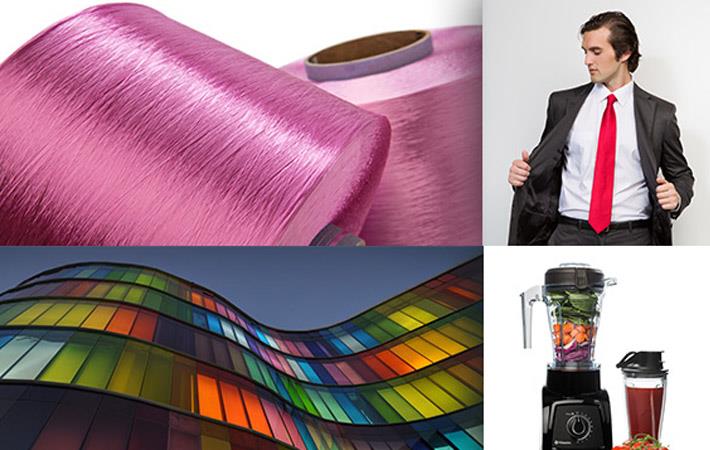
Reported and adjusted EBIT decreased primarily due to lower acetate tow sales volume somewhat offset by increased textiles products sales volume and lower raw material costs.
“We began 2019 with many of the challenges from the fourth quarter continuing in the first quarter, including reduced demand for specialty products in China and Europe resulting from trade issues, which also reduced flow through of lower-cost raw materials,” said Mark Costa, board chair and CEO. “Despite these challenges, adjusted EBIT increased by 28 per cent in the first quarter from the fourth quarter demonstrating that we are gaining momentum. The contributions of our innovation-driven growth model continue to give us confidence in the resiliency of our portfolio and the sustainability of our cash flow going forward.”
"We delivered strong sequential earnings growth in the first quarter and expect strong sequential earnings growth in the second quarter. We are doing a good job of sequentially increasing spreads in specialty products, while also driving new business growth leveraging our innovation-driven growth model. However, we are operating in a difficult global business environment in the first half of the year as challenges from the fourth quarter persist. These include slow global economic growth in part due to the delay in settling the US-China trade dispute, slow flow through of lower-cost raw materials, and a stronger US dollar. Given the difficult global business environment in the first half of the year and our commitment to stockholder value creation, we are taking additional aggressive cost reduction actions. Looking forward, we see signs that the macro economic challenges are lessening with an improvement in orders in March and April, which gives us confidence that the global economy will continue to strengthen in the back half of this year. Taking all of this together, we continue to expect 2019 adjusted EPS growth to be between 6 - 10 per cent.” Costa said. (RR)
Fibre2Fashion News Desk – India